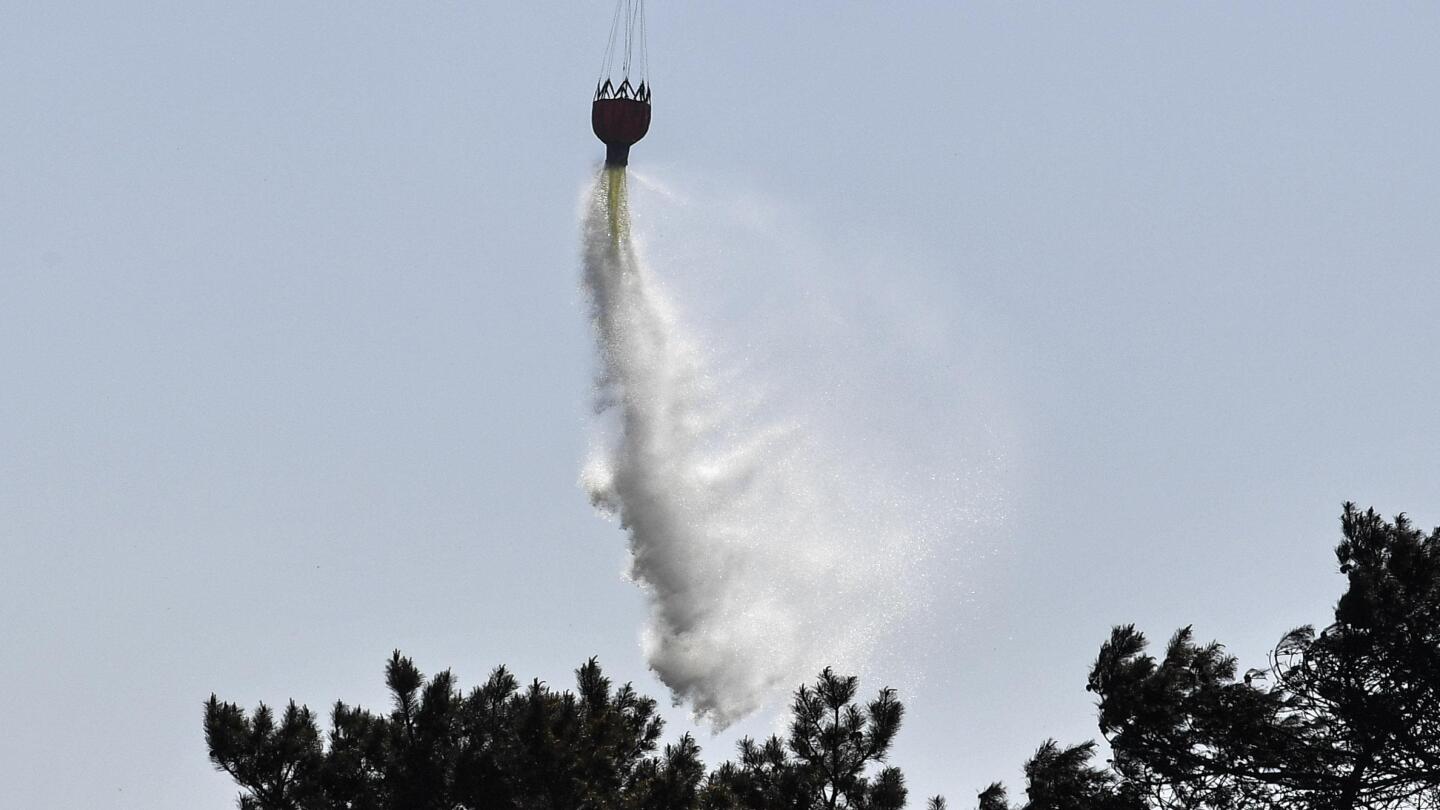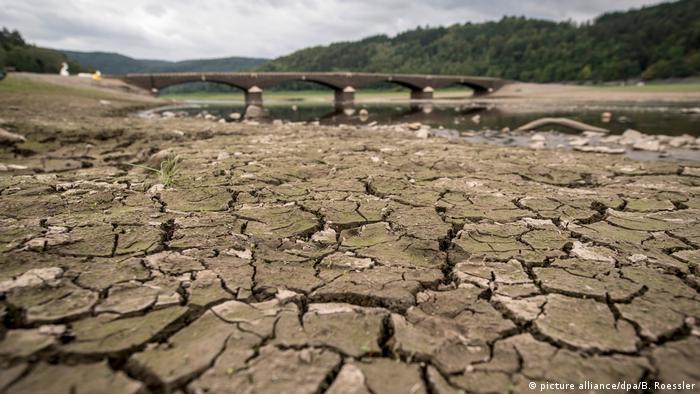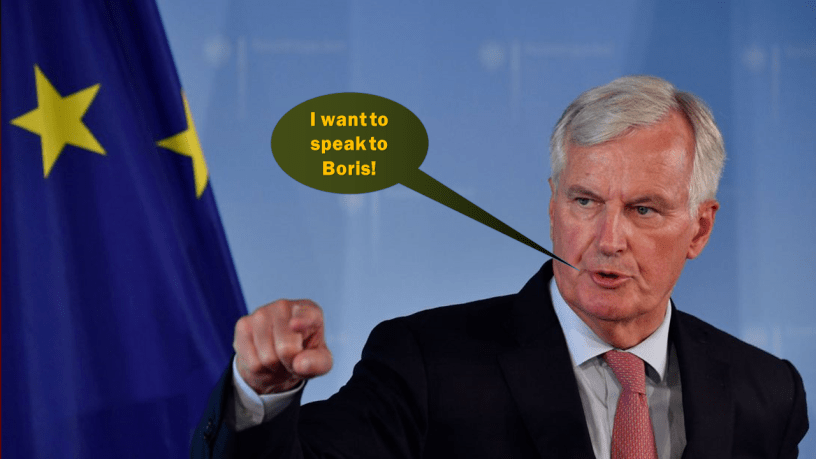Plain Jane
Just Plain Jane

Unrest spreads in Paris outskirts amid coronavirus lockdown
Crowds of youths targeted riot police with fireworks and torched rubbish bins in a third night of unrest on the outskirts of Paris where a heavy police presence to enforce the coronavirus lockdown has exacerbated tensions.
NEWS
APRIL 21, 2020 / 1:04 AM / UPDATED 2 HOURS AGO
Unrest spreads in Paris outskirts amid coronavirus lockdown
Caroline Pailliez, Richard Lough
4 MIN READ
PARIS (Reuters) - Crowds of youths targeted riot police with fireworks and torched rubbish bins in a third night of unrest on the outskirts of Paris where a heavy police presence to enforce the coronavirus lockdown has exacerbated tensions.
France’s banlieues - high-rise, low-income neighbourhoods that encircle many of its cities - are frequently flashpoints of anger over social and economic inequality and allegations of heavy-handed policing.
In Villeneuve-La-Garenne, where the trouble first flared on Saturday after a motorcyclist crashed into the open door of a police car, youths aimed volleys of fireworks down streets lined with housing blocks towards police lines.
“The police are moving through the streets, LBDs (rubber ball launchers) and shields at the ready. Multiple fireworks,” tweeted Clement Lanot, a freelance journalist, at around midnight as violence broke out.
France’s lockdown to stem the spread of the coronavirus permits people to leave home only to buy groceries, go to work, seek medical care or exercise.
Some local residents said officers deliberately opened the door into the path of the motorcyclist, who required surgery to his leg. An investigation was underway, police said.
Unrest also broke out on the night of Monday to Tuesday in the neighbouring districts of Gennevilliers, Clichy-La-Garenne and Asnieres.
France’s interior ministry said the police had been subjected to ambushes and would not shy from making arrests to restore order if necessary. “The police are present in these neighbourhoods to enforce the lockdown and guarantee security,” a ministry official told Reuters.
MEMORIES OF 2005
Fifteen years ago, the death of two youths fleeing police in a northern Paris suburb triggered nationwide riots that lasted three weeks.
“It’s taking a turn that reminds me of 2005,” said Yves Lefebvre, head of France’s biggest police union, SGP Unite.
“What I fear is that it will explode in the banlieues. It may get very difficult.”
Police resources were being stretched by an absenteeism rate of about 10%, Lefebvre said, with officers off sick, in isolation or having to look after children during the lockdown.
“If tomorrow we’re confronted by widespread urban violence, we would have trouble keeping on top of it unless a curfew was put in place, and the army called in to help enforce it,” Lefebvre added.
A spokesperson for the national police force declined to comment on the possible need for a curfew if the situation deteriorated. The interior ministry said there was no problem with police numbers.
The Alliance police union reported sporadic outbreaks of unrest in low-income towns in the Yvelines region, west of the greater Paris region. Police cars were vandalised, fireworks detonated and projectiles hurled at officers.
Julien Le Cam, head of the Alliance union in Yvelines, said officers from investigative units were being redeployed to street patrols to maintain numbers.
“Normally one town is ‘on duty’ and they pass the baton. Last night it was all of them,” said Le Cam. “There were violent groups in all our difficult zones looking for contact with the police.”
Reporting by Caroline Pailliez with additional reporting by Sudip Kar-Gupta and Richard Lough; Editing by Mark Heinrich
Our Standards:The Thomson Reuters Trust Principles.
See this thread also:
INTL - At Least 25 French Cities and Towns Erupt in Riots as ‘Youths’ Attack Police
Areas in at least 25 cities and departments in France erupted into rioting on Monday night, including attacks on police and attempts to burn down a police station in Strasbourg. Some of the incidents are believed to have been sparked by a Saturday night motorcycle accident in the Paris suburb...
Last edited:























